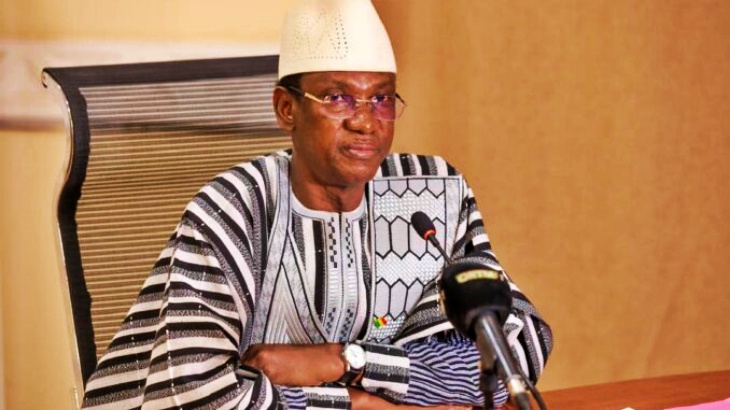Gambiaj.com – (BAMAKO, Mali) – Choguel Kokalla Maiga, Mali’s civilian Prime Minister, on Saturday publicly urged the country’s military leaders to address the indefinite extension of the “transition” period, marking a rare and pointed critique of the ruling junta.
The West African nation has been under military rule since two coups in 2020 and 2021. In June 2022, the junta pledged to hold elections and transition power to civilian authorities by the end of March 2024. However, the elections were postponed indefinitely, with no official explanation or consultation.
“The transition was supposed to end on March 26, 2024. But it was postponed sine die, unilaterally, without debate within the government,” Maiga stated during a gathering of his M5-RFP movement. His speech, shared widely on Facebook by local media, criticized the lack of dialogue surrounding the delay.
“Even today, there is no debate on the issue. The Prime Minister is reduced to being content with rumors from the press or a haphazard interpretation of the actions of the Minister of Territorial Administration and Decentralization,” he lamented. Maiga warned of potential instability, emphasizing the “risks of serious challenges and risks of going backwards” due to the lack of clarity and consultation on the transition process.
While critical, Maiga expressed support for Mali’s armed forces, calling for unity and respect for political institutions as “guarantors of strength and stability.”
This is not the first time Maiga’s M5-RFP movement has voiced dissatisfaction with the junta. In May, the group issued a statement condemning the military leadership’s failure to honor its timeline for civilian transition.
One of Maiga’s allies who signed the statement faced a year-long prison sentence in July, though he was released in September after his sentence was commuted. Similarly, in June, 11 individuals critical of the junta were arrested on charges of “conspiracy against legal authorities.”
Mali has faced a deepening political and security crisis since 2012, with ongoing jihadist insurgencies, armed group activity, and tensions with northern separatist forces. These challenges have compounded the country’s instability, with the prolonged transition period raising concerns over Mali’s future governance and democratic trajectory.










